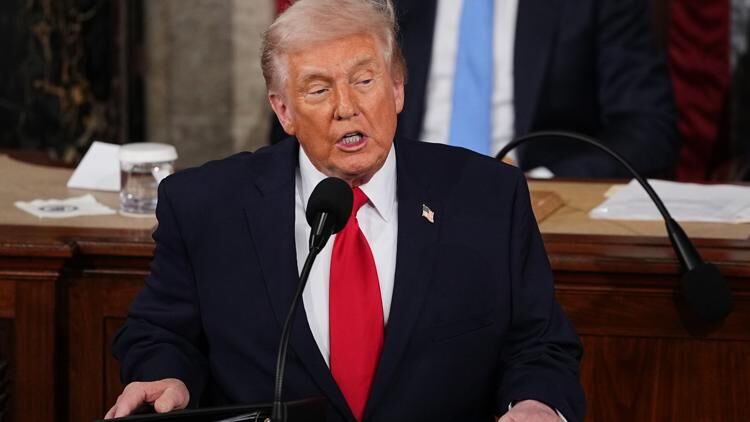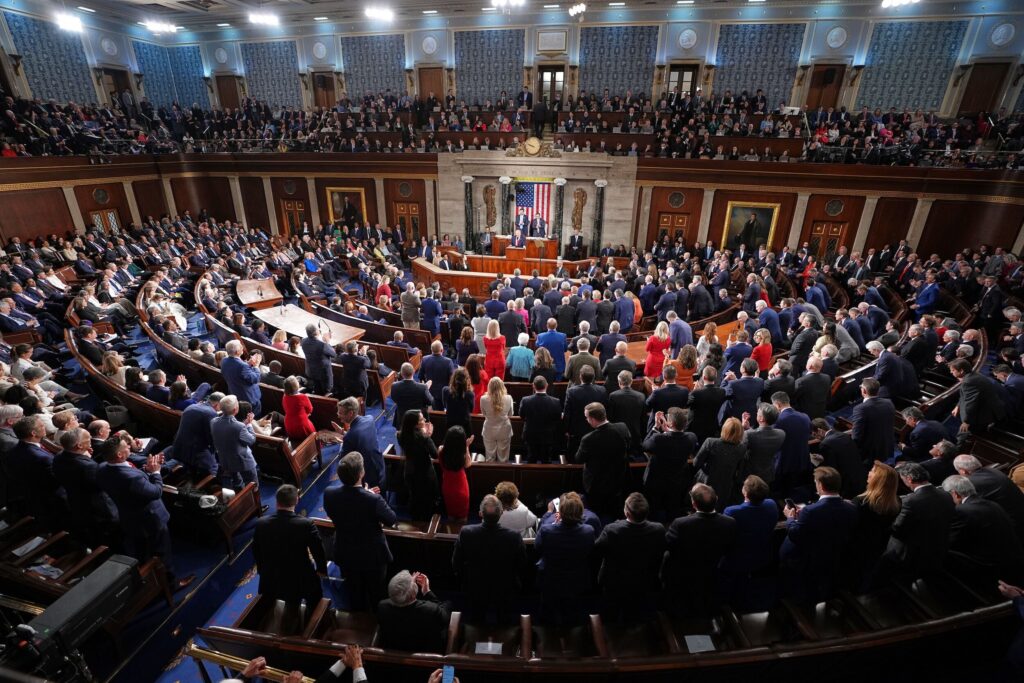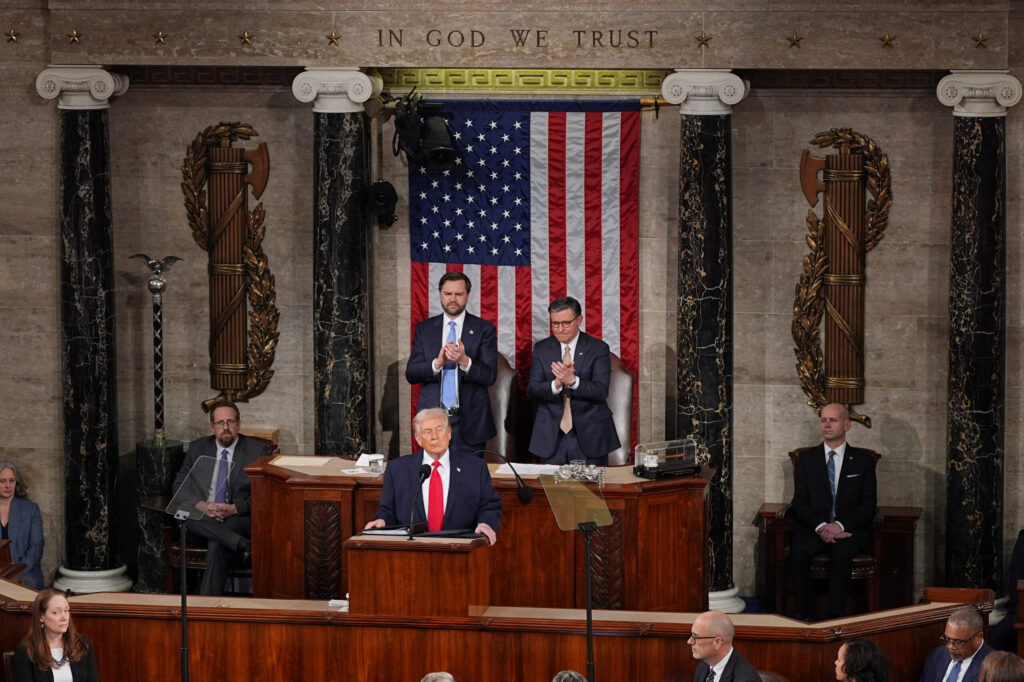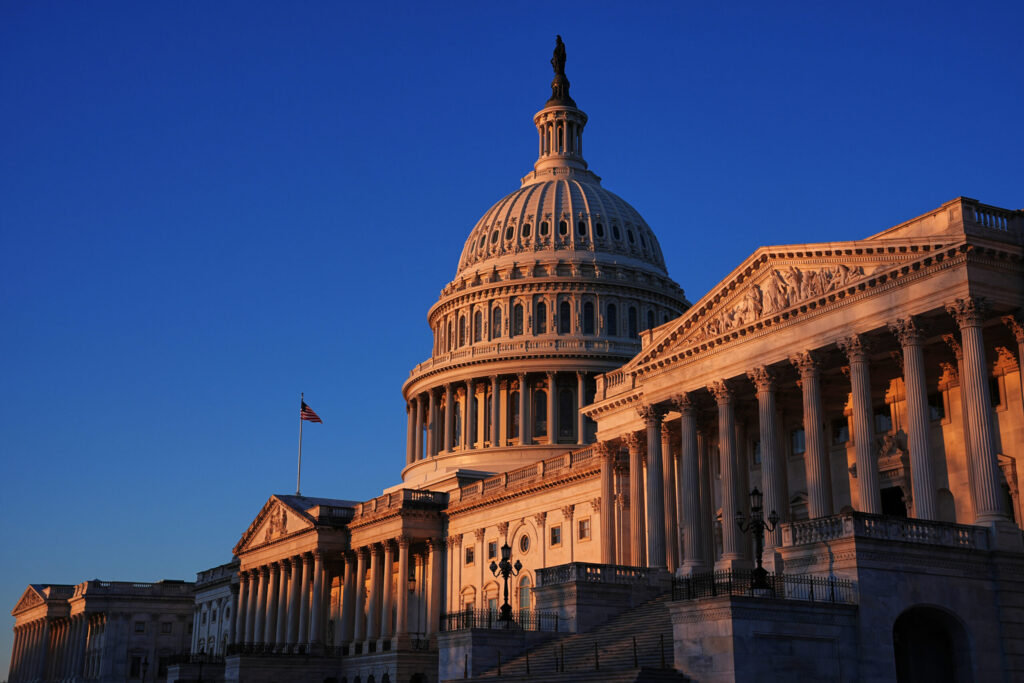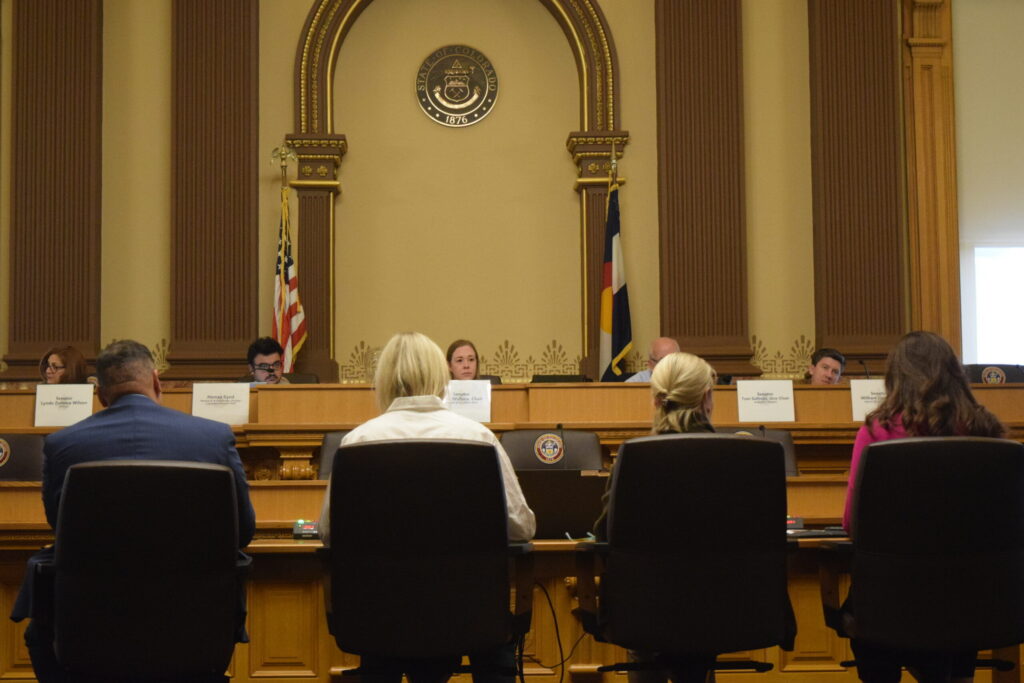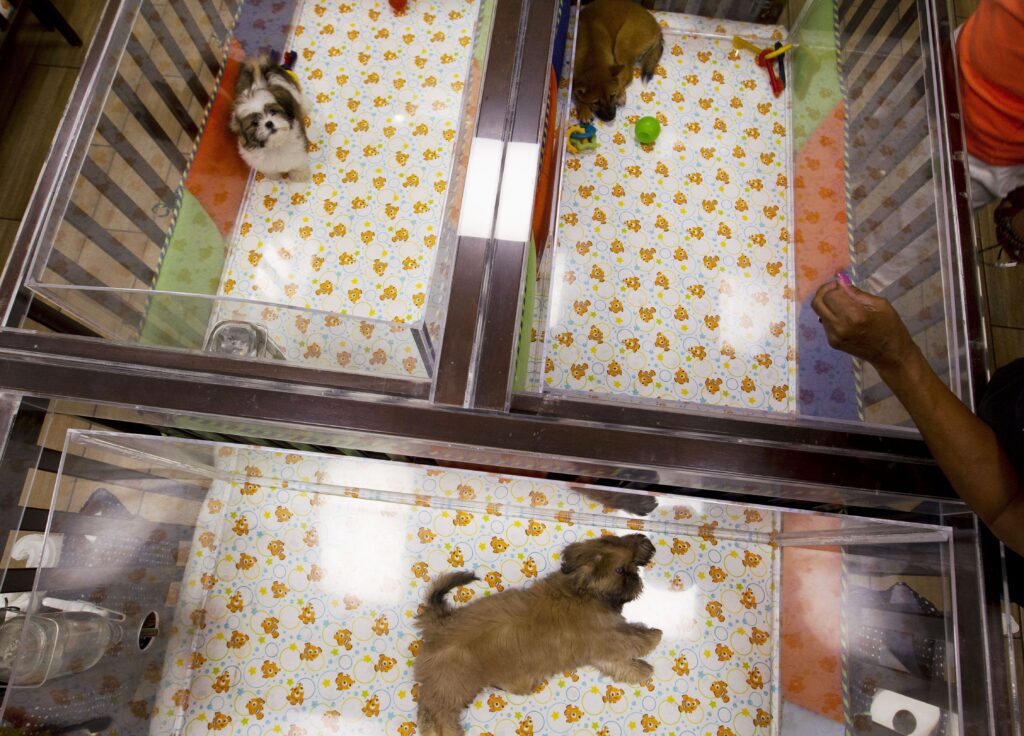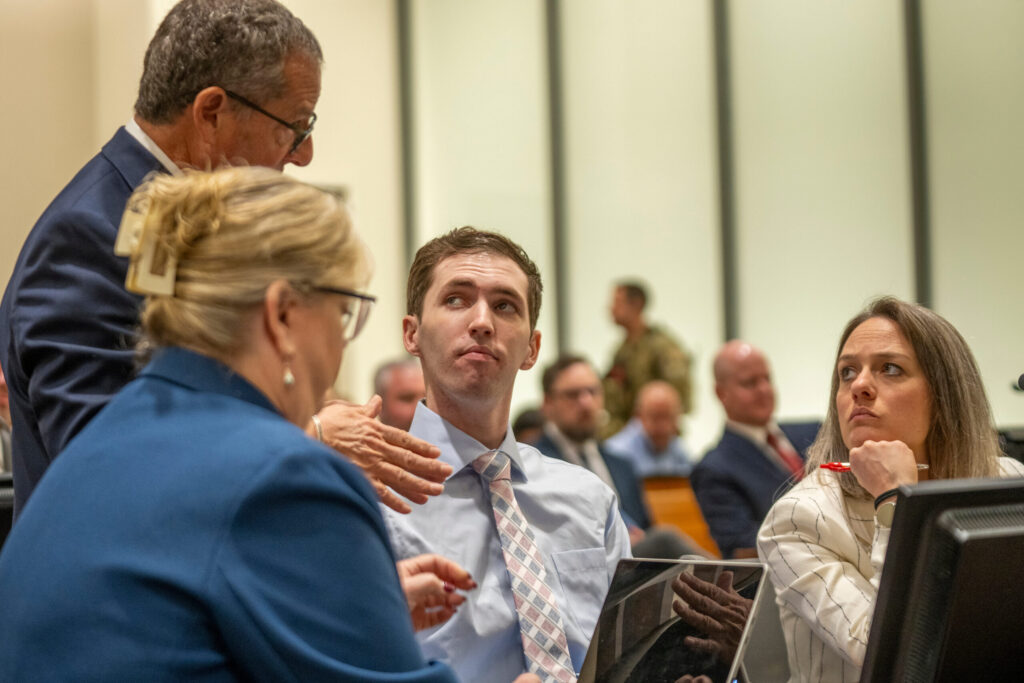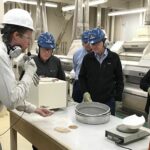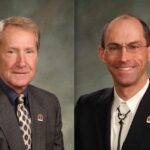Q&A w/Dan Grossman: He stepped away from a promising political career — but keeps the door open

If you’re among the many Coloradans glad to no longer be enveloped by a cloud of cigarette smoke when entering a restaurant or bar, you can thank Dan Grossman. And if you are among the minority of Coloradans who still smoke and now feel left out in the cold – literally, when it’s winter – well, you can thank Grossman as well. The former state lawmaker was one of the prime movers behind the Colorado Clean Indoor Air Act in 2006, which banned smoking indoors in most businesses and other public facilities. It was, he feels, a highlight of his 10 years in the General Assembly.
And yet in the prime of a precocious and promising political career, which included a stint as the youngest-ever House minority leader before he moved up to the Senate in 2002, the Denver Democrat, legislative star and practicing attorney stepped away from politics. He tells us why – and talks about a lot more, including his work these days as Rocky Mountain regional director for the Environmental Defense Fund – in today’s Q&A.
Colorado Politics: After a high-profile tenure in the state House and Senate, you decided in 2006 not to seek another Senate term, which was yours for the taking. You also decided against a run for the Democratic nomination for Colorado attorney general despite being a top prospect; the eventual nominee from your party, a relatively unknown political novice, lost to Republican John Suthers in a Democrat-trending election year. Why didn’t you run? Was it the political climate at the time, your personal trajectory or a combination? Do you have regrets about that? Will you ever jump back into the political fray?
Dan Grossman: In 2006, I was wrapping up 10 years in the legislature. Life in politics was incredibly rewarding and incredibly frustrating. Highly partisan showdowns over countless issues certainly jaded my perception of our work at the Capitol. My service in the legislature came at a significant cost to my legal career and it was a disruptive force in our family life. Leah was almost 2 years old when Robin gave birth to my son, Adin, in 2006. Robin and I had four jobs between us and, as any parent of young children will tell you, raising kids requires a lot of attention and intention. Securing passage of the Colorado Clean Indoor Air Act, which protects workers in restaurants and bars from the hazards of secondhand smoke, was a high note on which to take my leave.
I really felt I could make a big difference for Coloradans as attorney general but selfishly chose the stability of civilian life. And while I do have pangs of envy of my cohorts who toil in the political fields, I am very happy that I am a present parent and spouse and that I have a stable career protecting the environment. I continue to keep the door open to political opportunities and as our kids get older, I think more about jumping back in. But I don’t see anything in the near future that would cause me to veer back into that life.
CP: Do you see reputedly purple Colorado getting bluer, lingering in the middle or maybe even moving back into the red?
Grossman: At base, I think Colorado is a moderate, swing state. But we are not immune to the virus of polarization that is at epidemic proportions in our country, which is unfortunate. The national political parties and the interests that fund and control them are pushing the political dialog to the far left and far right. And the deck is stacked against independent, unaffiliated voters that have not had a real choice in legislative and congressional districts that are drawn to favor particular parties or incumbents. The 2016 ballot initiative allowing unaffiliated voters to vote in primaries is a good step toward empowering the moderate electorate, but further work is required.
CP: What distinguishes the Environmental Defense Fund from other voices in environmental advocacy, and how do you help advance that mission in your position with the group?
Grossman: EDF is a unique environmental organization insofar as our advocacy is based on sound science and economics that we help produce. We push for solutions that are pragmatic and effective and based on settled facts. We often work with industry and other stakeholders to make progress, rather than just opposing industry for opposition’s sake. Here in Colorado, that uniqueness played out in the 2014 adoption of the first-in-the-nation methane rules for the oil and gas industry. We worked hard with the largest oil and gas companies in the state to formulate a strong but workable set of regulations that are reducing methane pollution from operations across Colorado. We spent a lot of time and energy learning about our negotiating partners and the oil and gas industry in the state and the rules are stronger and more workable because of that effort.
Dan Grossman
CP: There’s little dispute in the environmental movement of course that the Trump administration and its retooled Environmental Protection Agency represent a substantial obstacle to the movement’s progress. But are there any internal challenges to the movement’s momentum in Colorado or nationally? How could the movement do a better job of advancing the cause?
Grossman: Notwithstanding the collaborative work that the environmental community and industry performed over the past eight to 10 years, the Trump administration is seeking to roll back much of that progress. And while we are fighting these roll-backs with all of the energy and resources at our disposal, we are also seeking to improve progress at the state level, internationally, and within industry. XTO’s recent announcement of its commitment to reduce methane emissions from its oil and gas operations, improved regulations in Ohio and Colorado, and progress in Canada are all good examples of moving forward regardless of the state of affairs in Washington.
CP: Is there any room in the long run for fossil fuels like natural gas, or do you see the global economy being driven entirely by renewables?
Grossman: Natural gas will play an important role in our energy future because of its affordability, domestic availability and diminished climate impact. Eventually, clean and renewable sources of energy will dominate our portfolio, as we are already seeing solar and wind generation making huge inroads from a cost perspective. But in the near term, natural gas, if responsibly produced, stored, distributed and combusted, can play an important role in reducing greenhouse gas emissions.
CP: Your dad is longtime Denver Democratic political consultant Arnie Grossman, who also is a distinguished author and filmmaker. How much did his political activism influence your life in politics and beyond?
Grossman: My dad is the reason I got involved in politics. His working relationships and longstanding friendships with Colorado luminaries like Gov. Dick Lamm, Congresswoman Pat Schroeder and Senator Gary Hart played a big role in my formative years. We talked about politics whenever we were all around the dinner table and I knew from pretty early on that I wanted to be involved in our democracy. Arnie has moved on from politics, but we still have great conversations about the state of the world, our nation and our state.
CP: As a Democrat, can you name Colorado Republicans you admire and have been able to work with during your years in elected office or since?
Grossman: I have a long list of Republicans who I worked with and admired at the Statehouse: Russell George, Norma Anderson, Lou Entz, Ken Chlouber, Kiki Traylor, Mark Larson, Mike May. But perhaps the best working relationship I had at the legislature was with Rep. Bill Kaufman. Bill is a man of principle, integrity and trust, and we made it through plenty of fights together. I admire him greatly.



